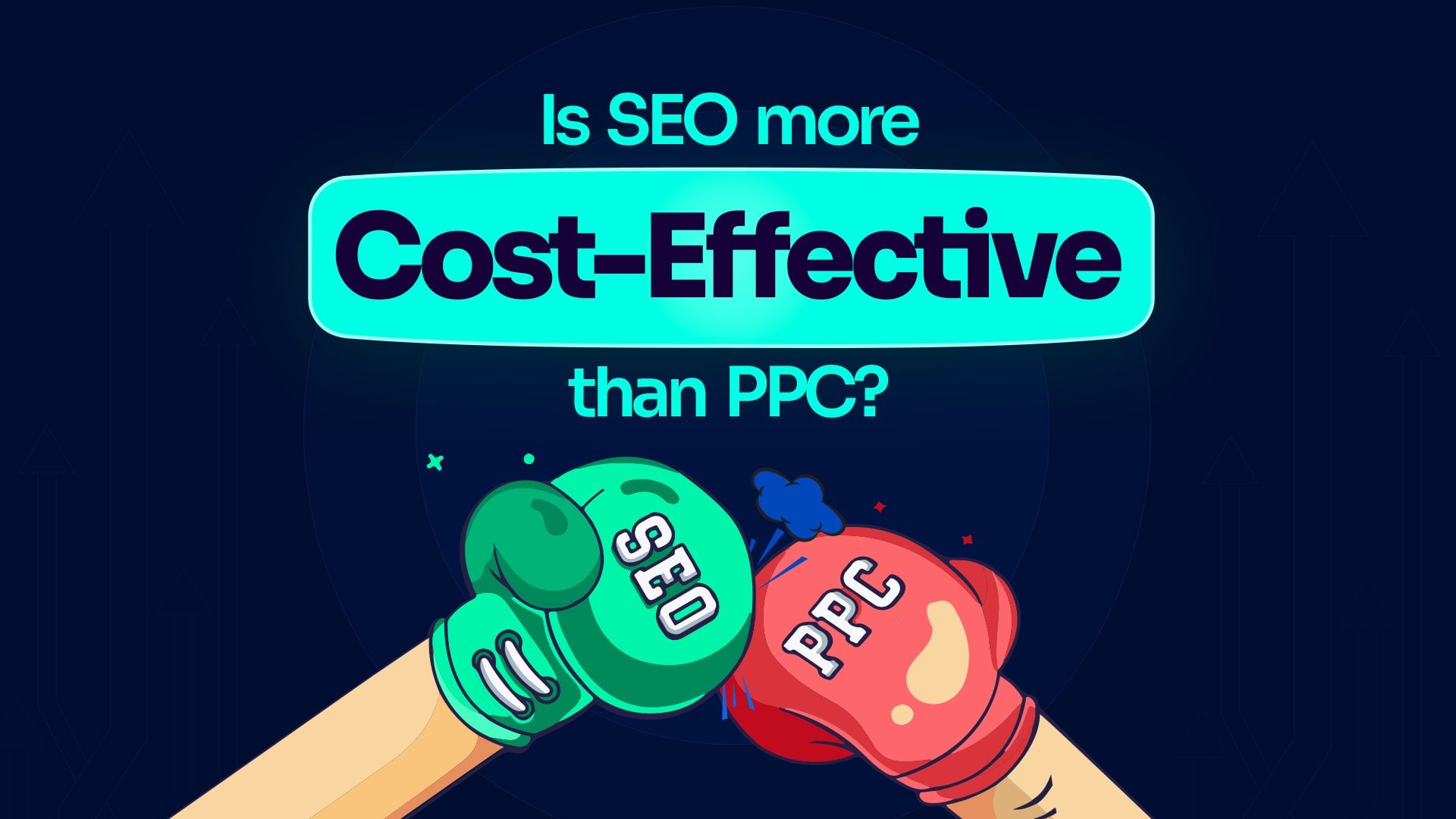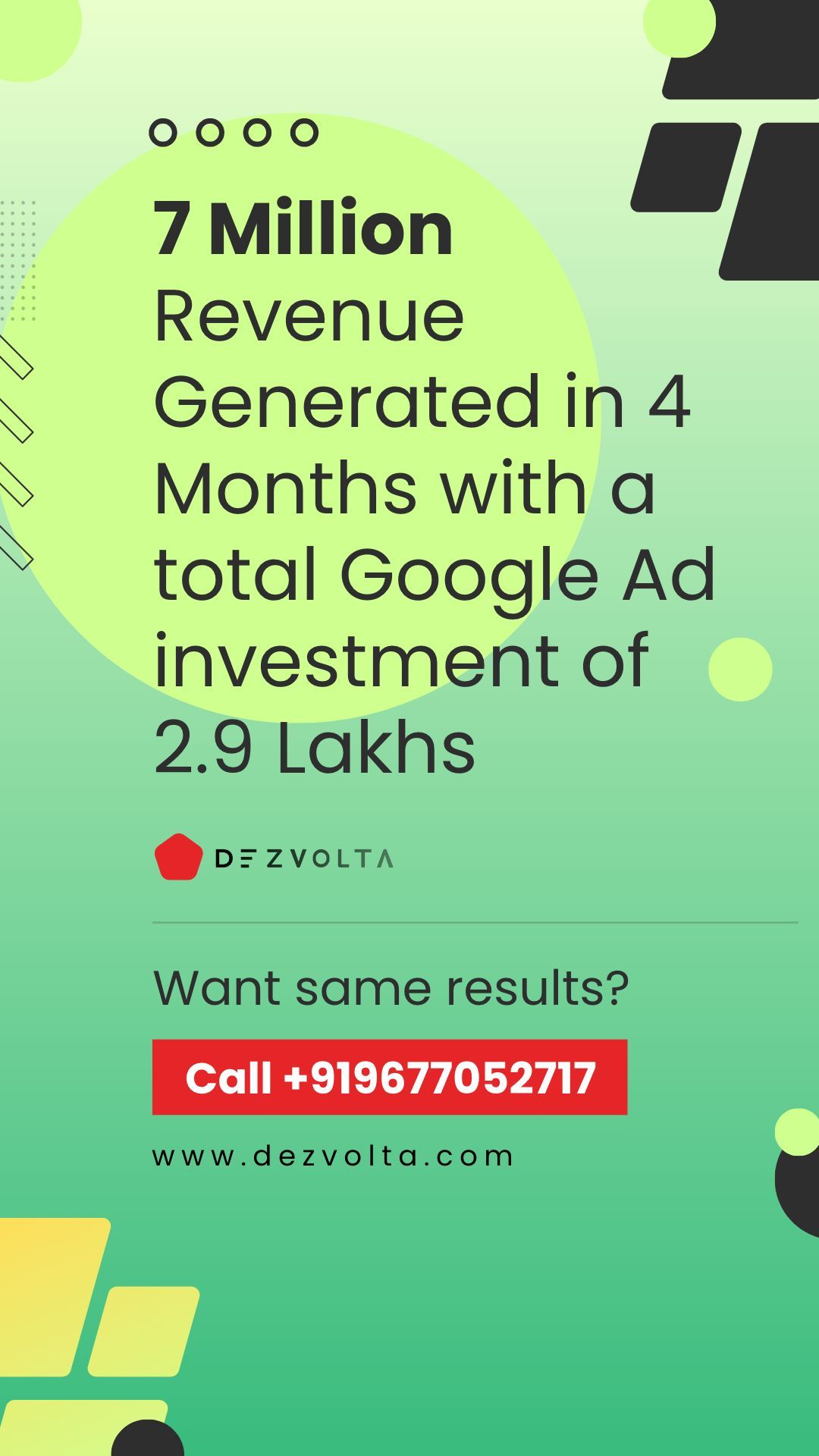
In digital marketing, optimizing online presence without sacrificing cost-efficiency is a tough challenge for businesses. That’s why many of them use two popular strategies: search engine optimization (SEO) and Pay-Per-Click (PPC) advertising. These strategies help increase visibility on search engine results pages, but they do so differently. The question that arises often is which approach is more cost-effective. To answer this question, we need to explore the benefits of each strategy, their respective SEO Packages & PPC Packages, and their long-term impacts.
Understanding SEO
Search engine optimization (SEO) is a strategic approach to improve a website’s rankings in organic (non-paid) search engine results. The main goal is to increase visibility and attract relevant traffic to the website. Unlike PPC, where every click costs money, SEO relies on free techniques like optimizing for keywords, creating high-quality content, and building backlinks to the website.
Cost of SEO:
Initial Investment: Implementing a robust SEO strategy demands an initial investment in website optimization, content creation, and technical improvements. This upfront cost can be substantial, but it is a one-time expenditure.
Ongoing Effort: SEO is a continuous process that demands consistent effort. Regularly updating content, monitoring keyword trends, and adapting to algorithm changes are crucial to maintaining a strong SEO presence. While this requires ongoing time and resources, the costs are distributed over time, making it a more sustainable model.
Benefits of SEO:
Sustainable Traffic: Once a website establishes a robust SEO foundation, it can enjoy sustained organic traffic over the long term without incurring additional click costs.
Credibility and Trust: Users often value organic search results as more credible and trustworthy. Ranking highly in organic results can enhance a brand’s reputation.
Understanding PPC
Pay-per-click advertising, on the other hand, operates on a model where advertisers pay a fee each time their ad is clicked. This method gives businesses immediate visibility on search engine results pages, as ads appear prominently at the top or in designated sections.
Cost of PPC:
Instant Visibility: The most significant advantage of PPC is its ability to generate immediate visibility. Businesses can launch campaigns and instantly receive traffic, making it an attractive option for those seeking quick results.
Continuous Cost: Unlike SEO, where most costs are upfront and ongoing efforts involve maintenance, PPC is a constant cost. Advertisers pay for every click, and the expenses can add up quickly, especially in competitive industries.
Benefits of PPC:
Targeted Advertising: PPC allows for precise targeting, enabling advertisers to reach specific demographics, locations, and devices. This can be particularly advantageous for businesses with niche markets.
Measurable Results: PPC platforms provide detailed analytics, allowing advertisers to track the performance of their campaigns in real-time. This data can be used to optimize and refine strategies for better results.
Comparing Cost-Effectiveness
Short-Term vs. Long-Term:
SEO: Although SEO may require patience to manifest tangible outcomes, the enduring advantages are noteworthy. Once a website ranks well organically, the traffic generated doesn’t incur additional costs per click, making it more cost-effective in the long run.
PPC: PPC is highly effective for short-term gains and immediate visibility. However, the costs accumulate with each click, and the benefits are directly tied to the budget allocated to the campaign.
Return on Investment (ROI):
SEO: The ROI for SEO is often higher in the long term, as the initial investment leads to sustained organic traffic without continuous click costs.
PPC: While PPC can provide a quick ROI, it requires a continuous investment to maintain visibility. Additionally, the ROI can be influenced by factors such as keyword competitiveness and ad quality.
Brand visibility:
SEO: Achieving high rankings in organic search results enhances a brand’s credibility and trustworthiness over time.
PPC: While PPC can provide immediate visibility, some users may perceive paid ads as less trustworthy than organic results.
Case Studies and Real-World Examples
To further understand the cost-effectiveness of SEO and PPC, let’s delve into real-world case studies and examples of businesses that have successfully utilized each strategy.
Case Study 1: SEO Success
An famous e-commerce startup in the e-commerce sector invested significantly in SEO from the outset. They steadily climbed the organic search rankings through strategic keyword targeting, content optimization, and building high-quality backlinks. Although the initial investment was substantial, the long-term results were transformative. This Company Now enjoys a steady stream of organic traffic, reducing its reliance on paid advertising. The sustained organic traffic has led to a substantial increase in ROI over time.
Case Study 2: PPC Triumph
Contrastingly, another well-established B2B service provider needed immediate visibility for a new product launch. They recognized the need for swift results and opted for a targeted PPC campaign. The instant visibility generated by PPC resulted in a surge of leads and conversions during the launch phase. However, as the campaign continued, the cumulative cost of each click became a significant factor. This company carefully monitored the ROI and adjusted the campaign to focus on the most profitable keywords. While the initial success was undeniable, the long-term cost-effectiveness required ongoing optimization.
Choosing between SEO and PPC depends on a business’s goals, budget, and timeline. SEO provides a more sustainable and cost-effective solution in the long run by establishing a foundation for consistent organic traffic. In contrast, PPC delivers quick results but requires ongoing costs.
The ideal approach may involve a combination of both methods, with PPC providing immediate visibility and SEO working in the background to build a robust, organic online presence. Ultimately, success depends on understanding each technique’s unique strengths and limitations, enabling businesses to create a strategy that aligns with their specific needs and objectives.
As digital marketing continues to evolve, businesses must remain agile, adapting their strategies in response to performance metrics, industry trends, and changing search engine algorithms. The perfect blend of SEO and PPC might be the key to unlocking unparalleled online success in this dynamic interplay.

